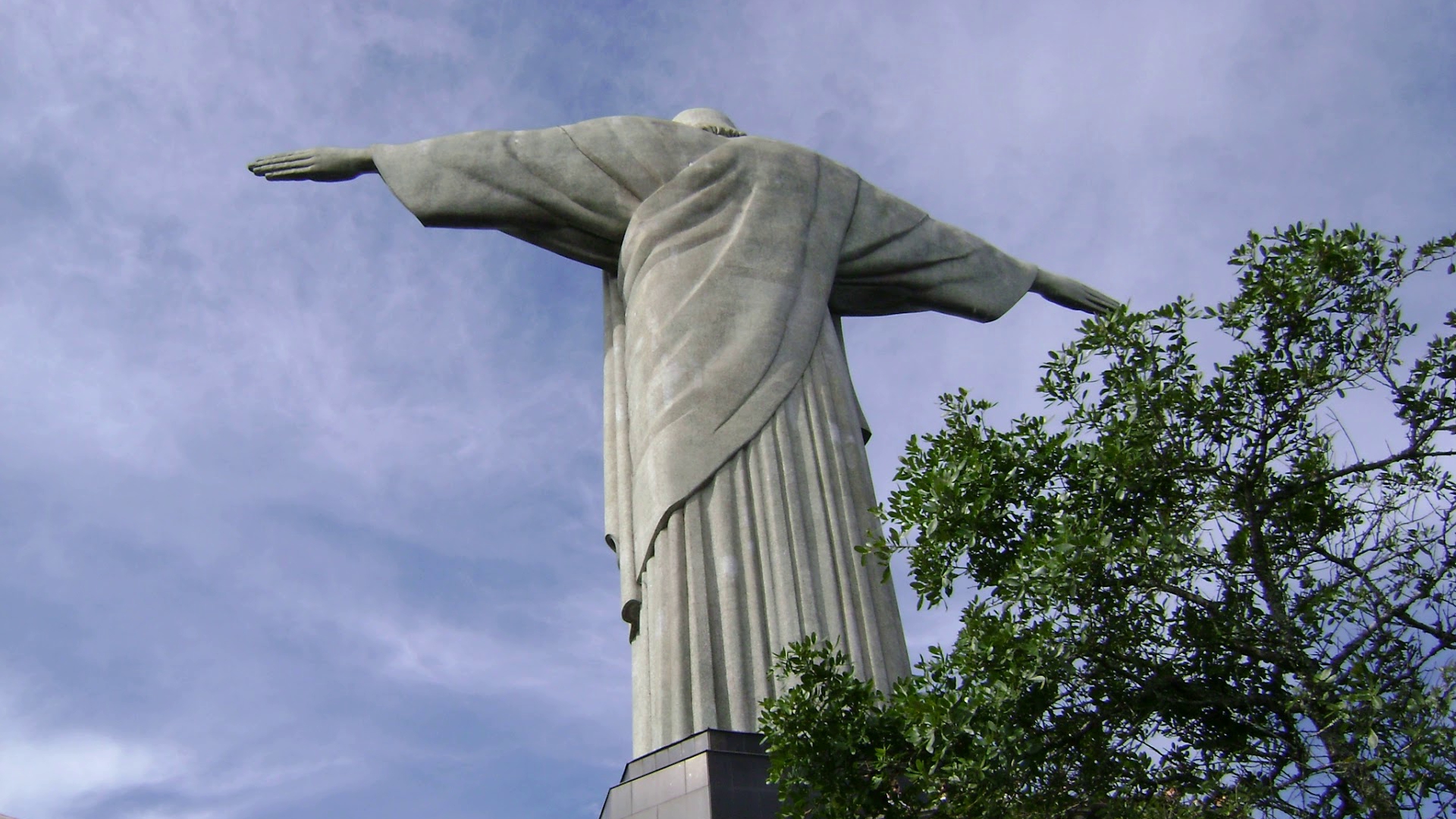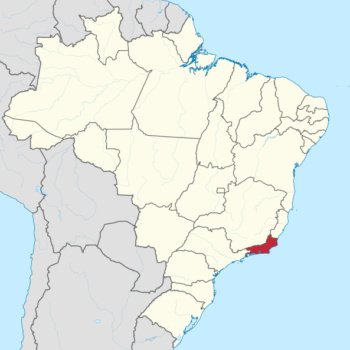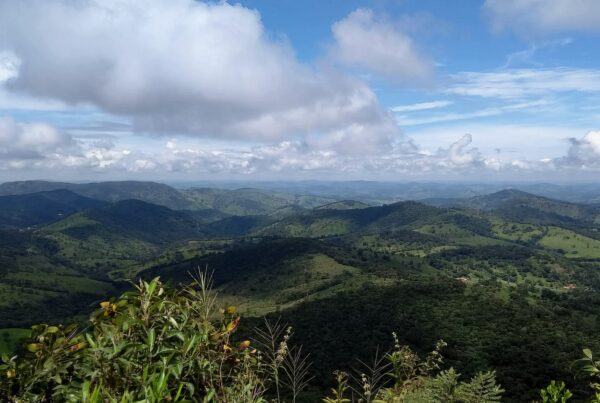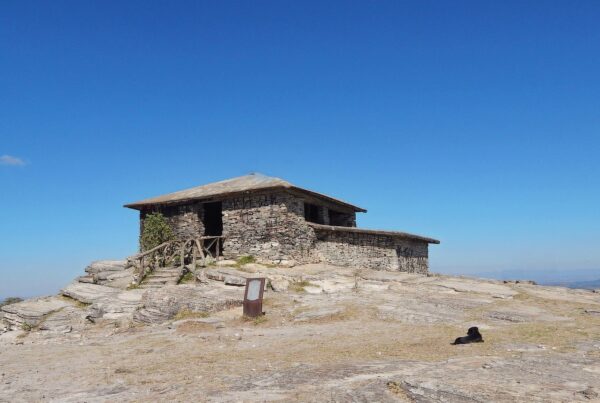Rio de Janeiro is one of the most iconic and vibrant states in Brazil, known for its breathtaking natural landscapes, cultural richness, and a zest for life that’s unmatched. The state capital, Rio de Janeiro, is famous for its stunning urban setting, nestled between lush mountains and the sparkling waters of Guanabara Bay and the Atlantic Ocean. The city is celebrated for its iconic landmarks, including the Christ the Redeemer statue atop Corcovado Mountain, Sugarloaf Mountain, and the beautiful beaches of Copacabana and Ipanema. Rio de Janeiro is renowned for its lively Carnival, an extravaganza of samba, music, dance, and colorful parades that attracts visitors from around the world.
The state’s natural beauty extends beyond the city, with lush rainforests, mountainous terrain, and picturesque coastal towns. The Tijuca National Park, located within Rio de Janeiro, is one of the world’s largest urban forests, offering hiking trails, waterfalls, and diverse wildlife. Rio de Janeiro is also home to historic and charming towns like Paraty, with well-preserved colonial architecture, cobblestone streets, and a rich cultural heritage. The state’s cuisine is a delectable mix of Brazilian flavors, with dishes like feijoada, a hearty black bean stew with pork, and “caipirinhas,” the national cocktail. Rio de Janeiro is a state of contrasts, offering a dynamic blend of natural beauty, culture, and urban excitement that captures the essence of Brazil.
While Rio de Janeiro is known for its beauty and culture, the state faces several challenges. One of the most significant issues is the high crime rate, particularly in the city of Rio de Janeiro. The state has long struggled with issues of drug-related violence, organized crime, and poverty in some of its favela communities, which can affect the safety and security of residents and visitors. Despite efforts to improve public safety, crime remains a concern in certain areas, and it’s essential for tourists to exercise caution and be aware of their surroundings.
Environmental challenges also plague the state, with pollution affecting some of its beautiful beaches, like Guanabara Bay, which has faced problems with high levels of contamination. Efforts to address pollution and improve the environmental conditions are ongoing, but the state still faces the consequences of years of environmental neglect. These issues, along with social and economic disparities, present complex challenges that Rio de Janeiro continues to grapple with as it seeks to provide a safer and more sustainable environment for its residents and tourists.






